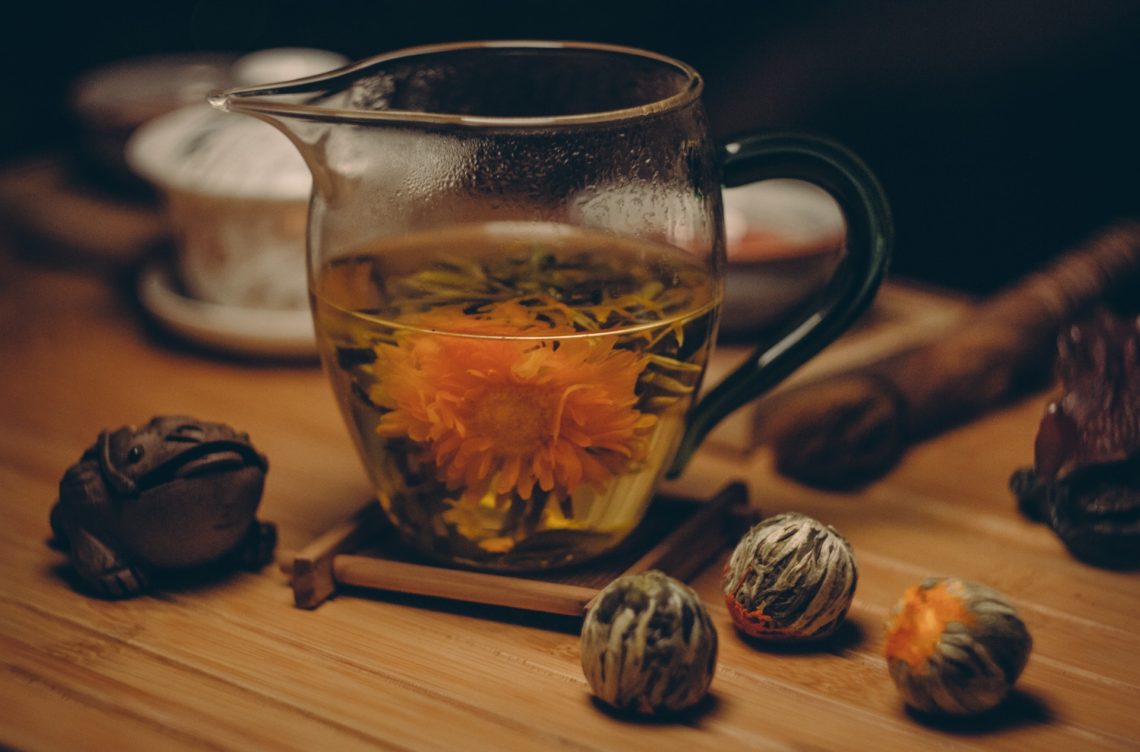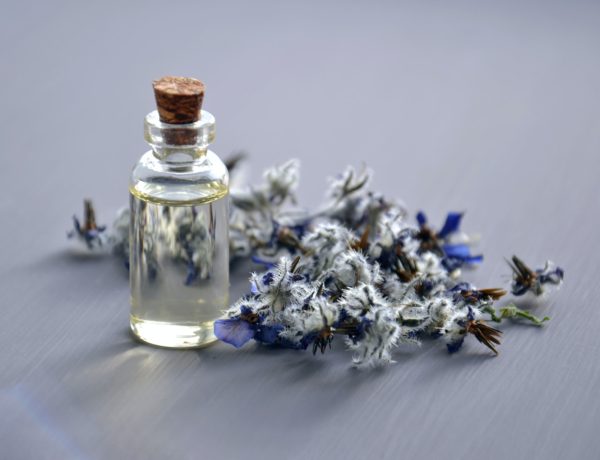I am a woman. I am a black woman. I am a black woman doctor who practices integrative medicine. I am a black woman doctor who practices integrative medicine and is also trained in medical acupuncture. I am basically a unicorn.
I’m often met with a look of surprise and delight when I tell people what type of medicine I practice. Each time I am reminded of the existing stereotype of what a doctor “should” look like. Often people are curious which leads to an interesting conversation about the intersection of healthcare and racial inequalities that continue to persist to this day.
What exactly is acupuncture? Acupuncture works by stimulating specific points along meridians or channels across the entire body. These points have highly concentrated nerve endings that trigger chemical changes in the body that result in powerful healing effects.
Although acupuncture has been around for almost 4,000 years, it remains a mystery to most Americans. That’s why I’m sharing the top five myths about acupuncture—and explaining what you should really know:
Myth #1: Acupuncture is painful.
I mean, you’re using needles right? Yes…and no. The needles we use in acupuncture are miniature versions of the ones used to draw your blood at the doctor’s office. They are about the size of two to three human hairs. Sometimes you may feel an initial prick, which fades away in seconds. Most of the time you don’t even realize you have a needle in your body—unless you decide to start doing jumping jacks all of a sudden (not recommended).
Myth #2: Acupuncture is for white people.
When I first started learning acupuncture, I offered free sessions to my family and friends who are mostly people of color. The resistance was swift and strong. Despite naming all the health benefits such reduced anxiety, lower stress levels, elimination of pain, and better sleep – very few were willing to take the plunge. The most common comment was acupuncture was not for US. It was a stark reminder of the boxes we sometimes put ourselves in for alternative treatment modalities. In the past, acupuncture was often cost prohibitive for many as it was not covered by insurance. These days however, many insurance companies will cover treatments for certain conditions!
Acupuncture is for everyone. You would actually be surprised how many people are getting regular treatments but keeping it a secret. I’ve treated everyone from the CEO of a major company to the local school teacher. Ask your friend, co-worker, or family member if they have ever tried acupuncture. You’ll probably find that the answer is often yes.
Myth #3: Acupuncture only treats pain.
It’s true that acupuncture is incredible in treating painful conditions, especially joint, back, headaches, and menstrual cramps. There is an abundance of research to back up its effectiveness for pain. However, it also helps many other conditions including nausea, allergies, anxiety, infertility, depression, hypertension (high blood pressure), and fibromyalgia, among others.
Myth #4: Acupuncture doesn’t work.
I’ve heard this often that someone tried acupuncture once and it didn’t work so they never went back. While understandably discouraging, it can take up to 5-7 treatments before you start to feel the benefits. Especially if you are treating a more chronic condition. It could also be the practitioner. Similar to a therapist, you may have to test out several people before you find the right fit for you.
There is also something called the placebo effect, or the power of positive thinking. If you think something is going to heal you, it more likely will. Our thoughts send messages to our brain causing a shift in certain neurotransmitters like dopamine and serotonin. Numerous studies of acupuncture have shown that our brains release chemicals like endorphins (natural painkillers) and substance P (calms overactive nerves) along with additional anti-inflammatory effects on the body. Either way, it is shifting something in your body!
Myth #5: Acupuncture is addictive.
People tend to think that once you start acupuncture you’ll always need it in order to feel good. In fact, for the majority of illnesses, the goal is to treat the acute problem so that you don’t need an endless number of treatments. However, for people with chronic conditions, it’s often extremely useful to have a maintenance acupuncture schedule to help keep problems under control.
My hope is that after we are released from shelter in place, you will explore this ancient healing modality for yourself!
Featured Image: Photo by NIKOLAY OSMACHKO from Pexels


